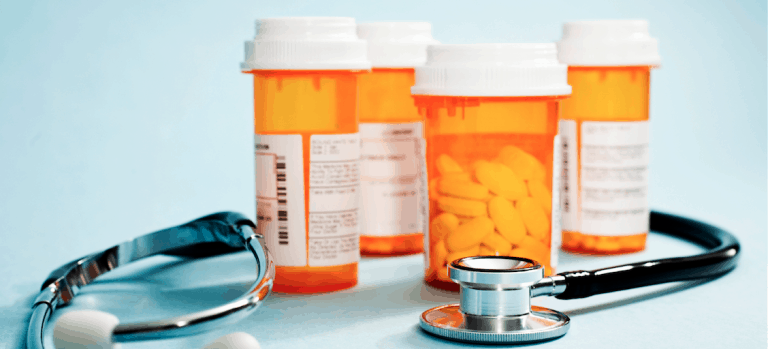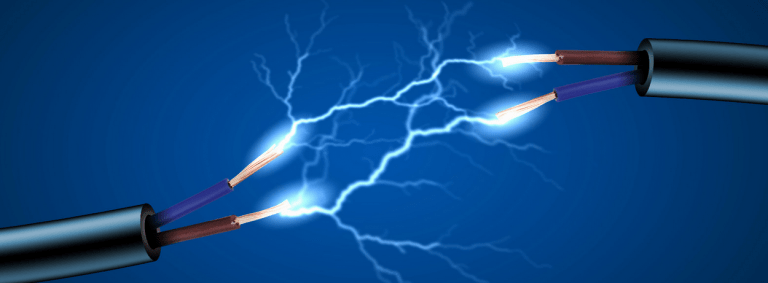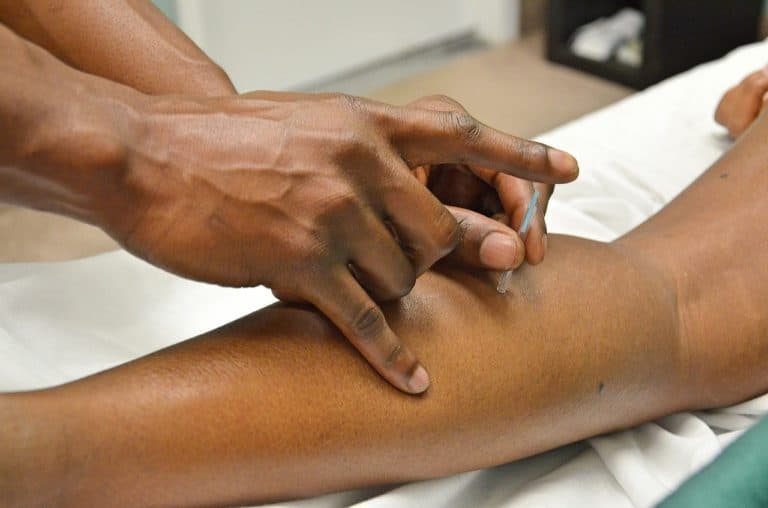You might not immediately think of vitamin D for prostatitis treatment, but this essential vitamin that plays many important roles in men’s health, including prostate health and immunity. Vitamin D also acts like a hormone in the body. This vitamin has demonstrated effect in managing symptoms of both bacterial and nonbacterial forms of prostatitis, such as chronic prostatitis/chronic pelvic pain syndrome (CP/CPPS), and enlarged prostate, also called benign prostatic hyperplasia (BPH). Vitamin D has demonstrated anticancer properties, and a number of studies have established that vitamin D deficiency is associated with an increased risk for prostate cancer.
Vitamin D for Prostatitis Treatment — Does It Work?
There are significant clinical studies and research supporting Vitamin D for prostatitis treatment, making it a Tier 2 supplement for prostatitis. Because prostatitis shares some symptoms with BPH, we look at research on supplements that may benefit both prostatitis and BPH patients. Even though BPH is not directly related to prostatitis, by looking at how vitamin D affects other prostate conditions we can see the role this vitamin plays in overall prostate health.
Low levels of vitamin D are associated with prostatitis, BPH, and prostate cancer.
Studies on using vitamin D for prostatitis and BPH include the following:
- The Journal of Autoimmunity published a study on prostatitis and vitamin D, in which investigators explored the effect of vitamin D receptor silencing on the development of experimental autoimmune prostatitis in mice. The researchers concluded, “Vitamin D receptor modulation holds the promise of interfering with autoimmune prostatitis.” (Motrich 2009)
- A review published in the International Journal of Andrology noted that scientists are beginning to appreciate chronic inflammation as a potentially important factor in men who have BPH, as well as the role of bacterial prostatitis and nonbacterial CP/CPPS. The authors also pointed out that “the mechanism of action of VDR [vitamin D receptor] agonists supports an important role of chronic inflammation in BPH pathogenesis and strengthens the concept of these agents as a therapeutic option for pharmacological treatment of BPH.” (Fibbi 2010)
- A study reported that having a low level of vitamin D circulating in the blood is linked to a greater risk of enlarged prostate or prostate cancer. An epidemiological study of 977 randomly chosen men investigated the prevalence of prostate disease based on blood samples, a questionnaire, and physical examination. Investigators found a 23.1% prevalence of BPH, 5.1% of prostatitis, and 3.7% of prostate cancer. Among other discoveries, the authors found lower levels of vitamin D in men with BPH and prostate cancer. Because vitamin D inhibits cellular proliferation, the authors noted, “Lower levels are confirmatory with its loss of protective role against prostate cancer.” (Galic 2008)
- Additional evidence can be found in an Italian study in which researchers identified how the vitamin D receptor agonist elocalcitol, a synthetic derivative of vitamin D3, is capable of stopping growth of the prostate in BPH patients. The process by which elocalcitol both stops inflammation and the growth of BPH cells is complex, and involves elocalcitol’s ability to significantly inhibit production of IL-8, a substance involved in BPH pathogenesis, by BPH cells stimulated with inflammatory cytokines, and IL-8-induced proliferation of BPH cells. The authors concluded that their data “provide a mechanistic explanation for the anti-proliferative and anti-inflammatory properties of elocalcitol in BPH cells. (Penna 2009)
- A number of trials have evaluated the relationship between vitamin D and BPH. One study evaluated 4,770 participants in the Prostate Cancer Prevention Trial who were free of BPH at baseline. Over seven years, 876 incident BPH cases were documented. When the investigators analyzed factors such as diet, alcohol, and supplement use via a food frequency questionnaire, they determined there were no associations between supplemental antioxidants and BPH risk, and there was “weak evidence for associations of lycopene, zinc, and supplemental vitamin D with reduced risk.” (Kristal 2008)
Uses and Side Effects of Vitamin D
It is important to take the right form of vitamin D, which is D3. The Vitamin D Council recommends taking 5,000 IU of D3 daily for two to three months, then asking your healthcare provider to check levels with a 25-hydroxyvitamin D test. Once you know your body’s level of vitamin D, you can adjust the dosage until your blood levels are between 50 and 80 ng/ml, which is the healthy range recommended by the Vitamin D Council and other experts.
Even though vitamin D is added to milk, food is not the best way to absorb vitamin D. The best source of vitamin D is getting 15 to 20 minutes of sunlight each day, but that is not always possible. That’s why supplements are important as well. People over 50 are at an increased risk for vitamin D deficiency.
References for Vitamin D for Prostatitis Treatment:
Fibbi B et al. Chronic inflammation in the pathogenesis of benign prostatic hyperplasia. Int J Androl 2010 Jun 1; 33(3): 475-88
Galic J, Simunovic D. Prostate disease prevalence with epidemiological and hormonal analysis in randomly selected male population in Crotia. Coll Anthropol 2008; 32(4):1195-1202.
Gilbert R et al. Associations of circulating and dietary vitamin D with prostate cancer risk: a systematic review and dose-response meta-analysis. Cancer Causes Control 2011 Mar; 22(3): 319-40
Krishnan AV, Feldman D. Molecular pathways mediating the anti-inflammatory effects of calcitriol: implications for prostate cancer chemoprevention and treatment. Endocr Relat Cancer 2010 Jan 29; 17(1): R19-38
Kristal AR et al. Dietary patterns, supplement use, and the risk of symptomatic benign prostatic hyperplasia: results from the prostate cancer prevention trial. Am J Epidemiol. 2008 Apr 15; 167(8):925-34.
Motrich RD et al. Impact of vitamin D receptor activity on experimental autoimmune prostatitis. J Autoimmun 2009 Mar; 32(2): 140-48
Newsom-Davis TE et al. The promiscuous receptor. BJU Int 2009 Nov; 104(9): 1204-7.
Penna G et al. The vitamin D receptor agonist elocalcitol inhibits IL-8-dependent benign prostatic hyperplasia stromal cell proliferation and inflammatory response by targeting the RhoA/Rho kinase and NF-kappaB pathways. Prostate 2009 Apr 1; 69(5): 480-93







